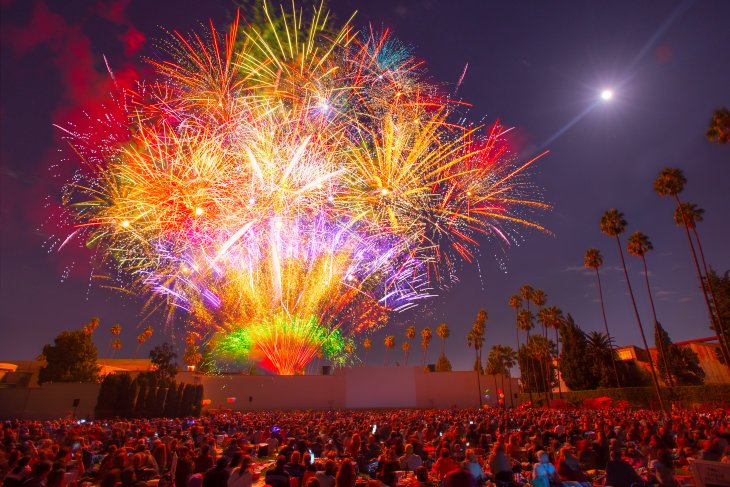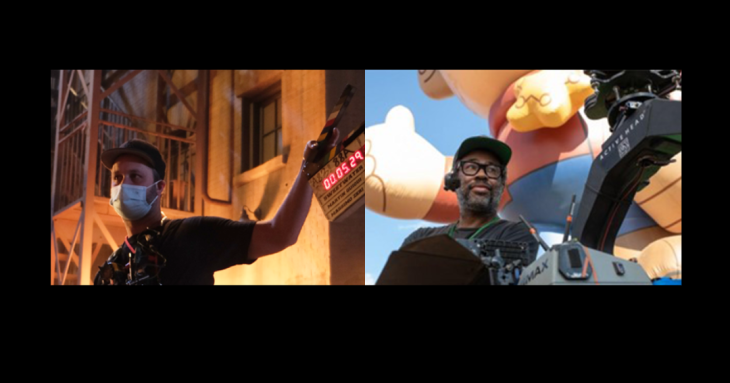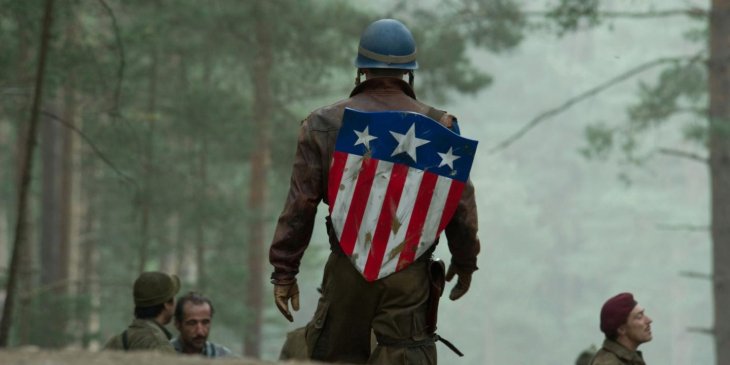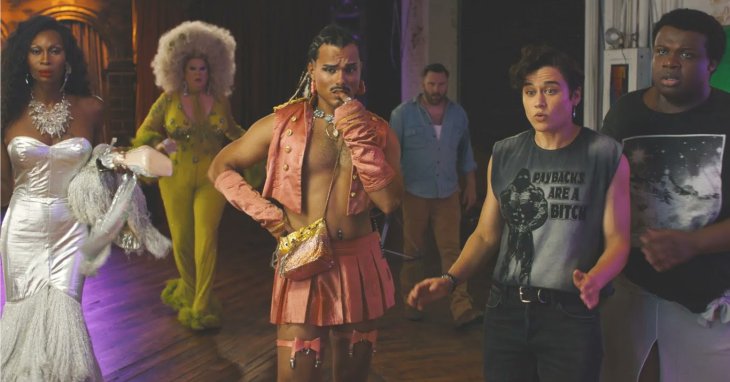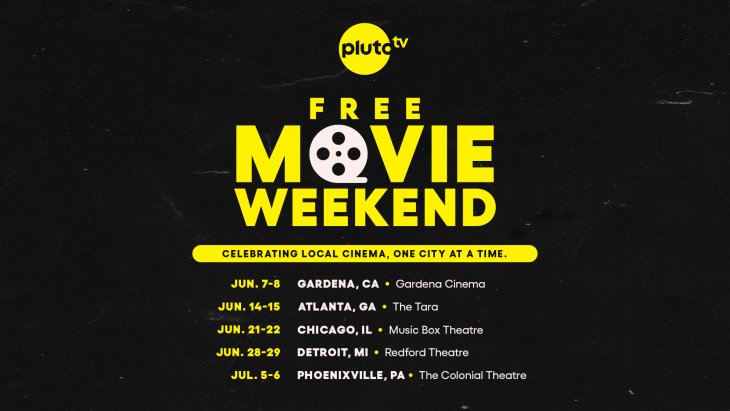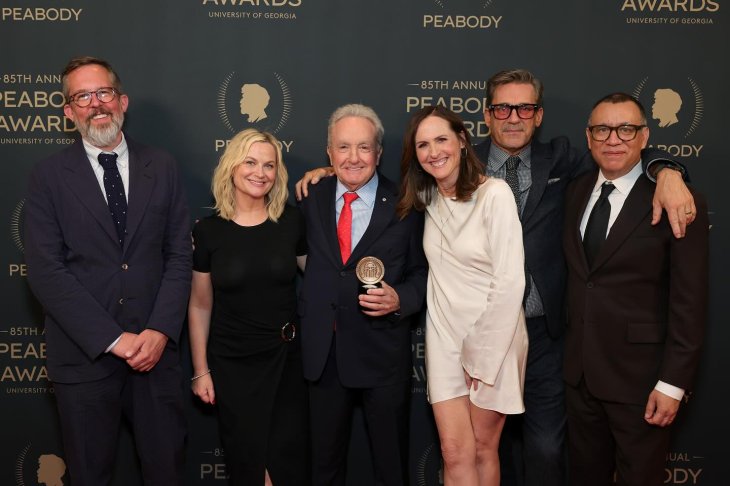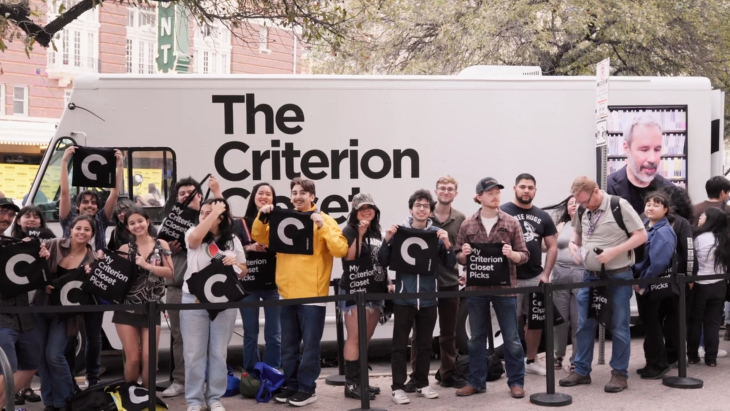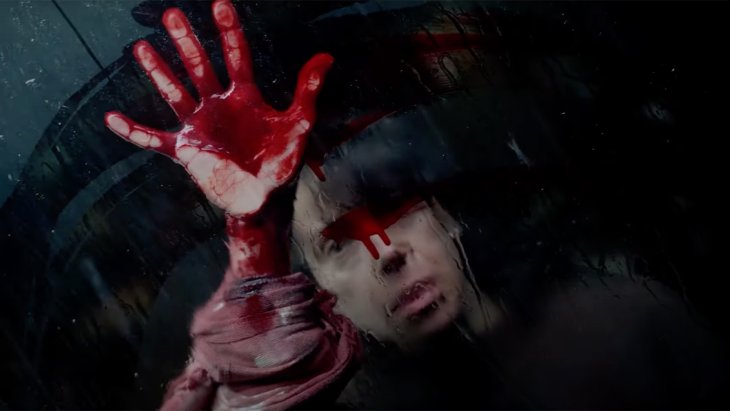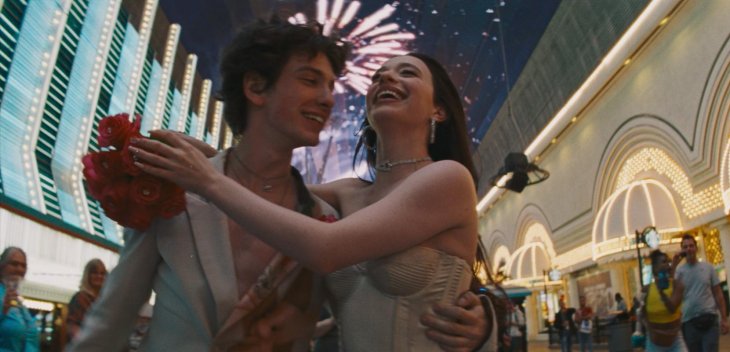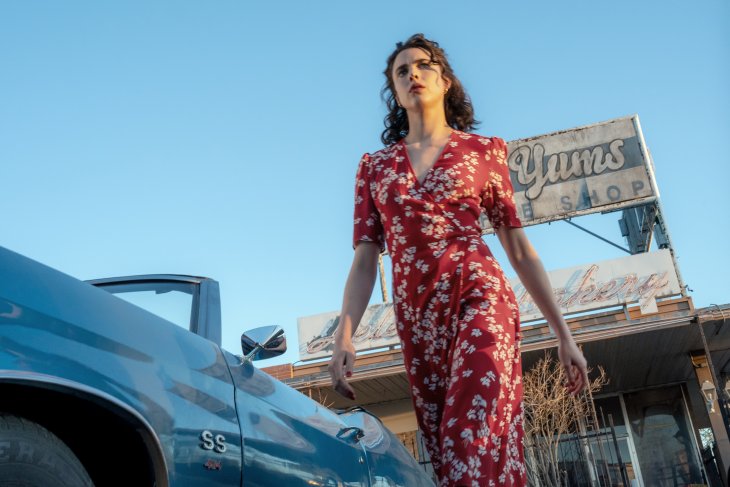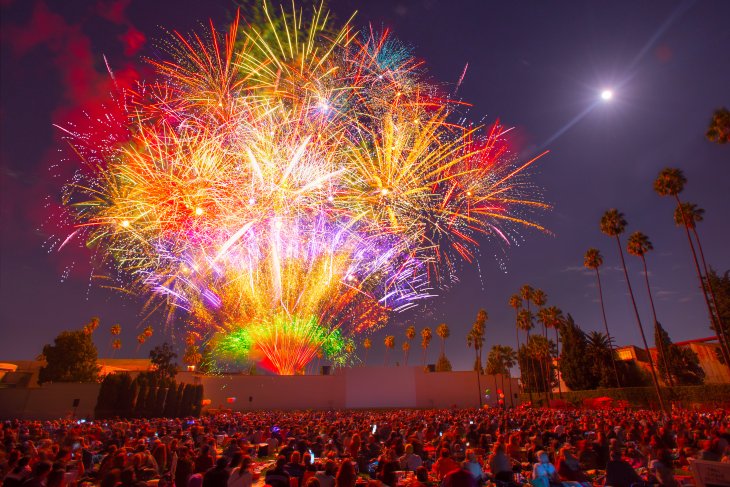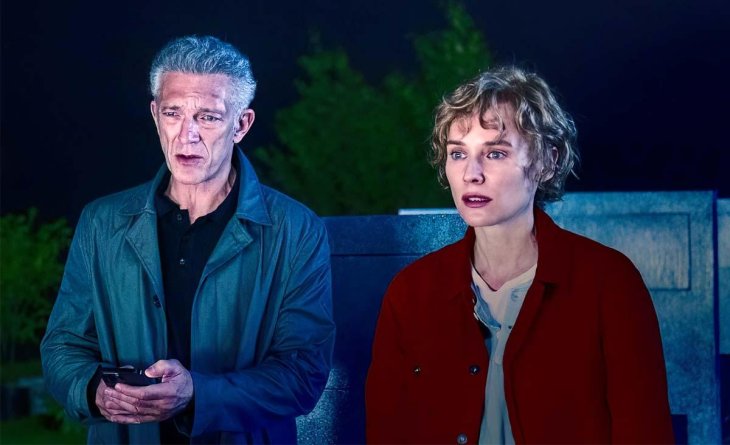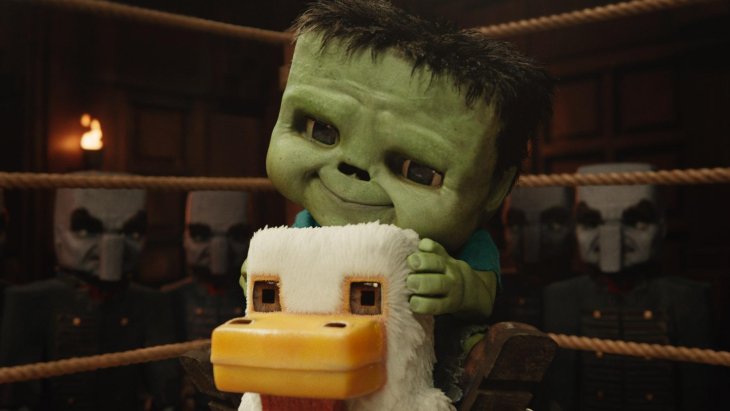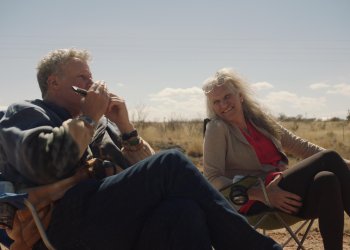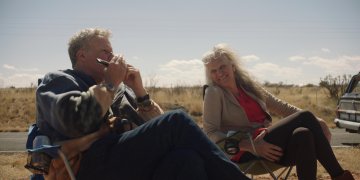
Even if you didn’t watch the Oscars, you’ve probably heard about the chaos that is now being referred to as “envelope gate.”
The presenters for best picture – Faye Dunaway and Warren Beatty – mistakenly announced “La La Land” as the winner, moments before it was revealed that they had been handed the wrong envelope, and that “Moonlight,” a film that follows the life of a gay, African American boy as he grows up in poverty with his drug-addicted mother, was the true winner.
Though “La La Land” was a great film, what Moonlight’s win means for the future of movies and storytelling is, in general, far more profound. This was the first LGBTQ film to win the night’s most prestigious award: Best Picture.
“Milk” was the first LGBTQ script to win the best adapted screenplay Oscar in 2008, an award that “Moonlight” also won. By winning, screenwriter Barry Jenkins, has paved the way for character perspectives that tackle issues of sexuality further than “Milk” was able to.
What could this open avenue lead to? It’s certainly a game changer for subsequent storytelling within film, plays, and novels. Breaking down the barriers of hetero-normativity is a long overdue movement, considering the legalization of gay marriage occurred in 2015.
“Moonlight’s” win means even more if you think back to the LGBTQ storylines that were snubbed during the 2016 Oscars. For example, “Carol,” a film about a woman going on her own sexual journey, was excluded from the best picture nomination, even though many felt it deserved to be nominated.
One of the biggest stories to break just a couple of days after the “Moonlight” win was Disney’s announcement of its first openly homosexual charactor, LeFou, in their upcoming live-action movie, “Beauty and the Beast.” This information had not previously been revealed to the public, even with the film’s debut quickly approaching.
There’s a possibility that with “Moonlight’s” widely supportive reception, Disney felt confident that an LGBTQ storyline would not deter audiences from seeing the film. This recent breakthrough for the LGBTQ community will hopefully lead to further acceptance of their stories.
If you liked “Moonlight,” here are some more LGBTQ stories you might find interesting:
Books:
“If I Was Your Gir”l by Meredith Russo
“The Great American Whatever” by Tim Federle
“Symptoms of Being Human” by Jeff Garvin
“True Letters from a Fictional Life” by Kenneth Logan
“The Art of Being Norma”l by Lisa Williamson
Films:
“The Kids Are Alright”
“Boys Don’t Cry”
“A Single Man”
“Don’t Call Me Son”
“Closet Monster”
This article was first posted on Red Cedar Review and is reprinted here with permission.

